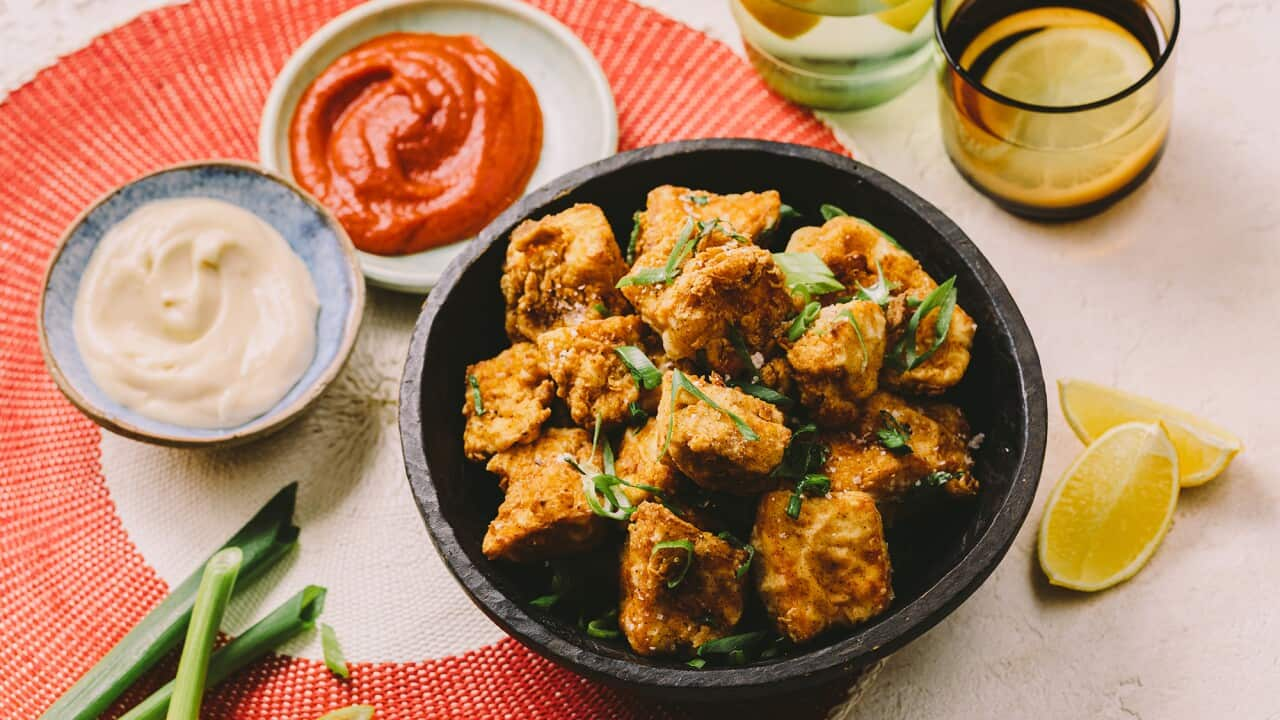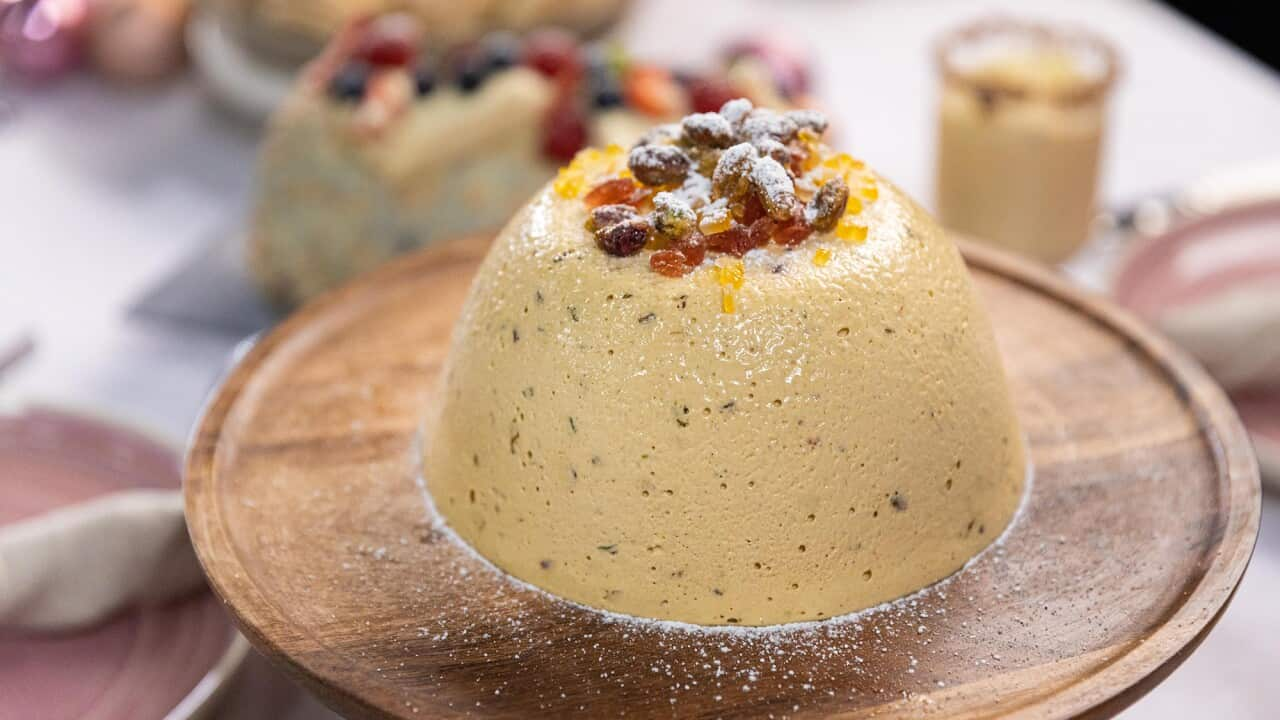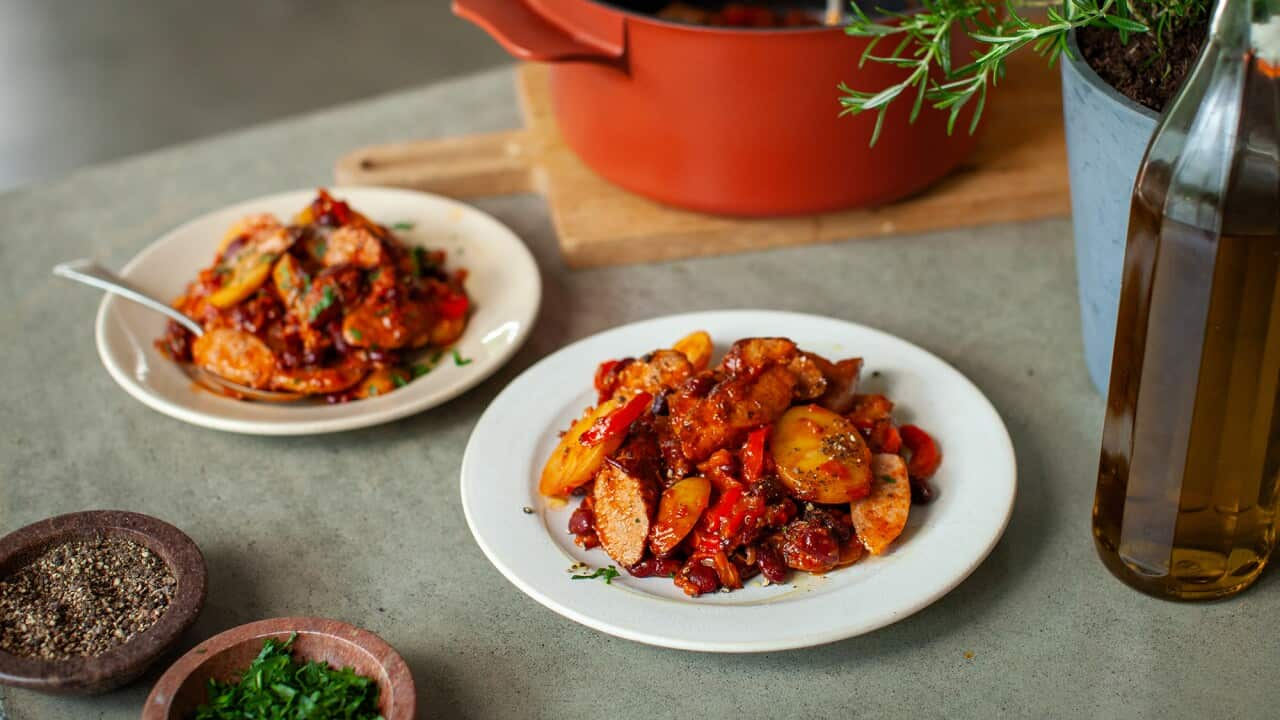serves
2
prep
15 minutes
cook
25 minutes
difficulty
Easy
serves
2
people
preparation
15
minutes
cooking
25
minutes
difficulty
Easy
level
Ingredients
- 1½ tbsp extra-virgin olive oil
- juice and finely grated rind of 1 lemon, plus wedges to serve
- 125 g buckwheat
- 8 sprigs thyme
- salt and black pepper
- 150 g green beans, sliced in halves lengthways
- 250 g block haloumi, halved horizontally
- 1½ tbsp honey
- 6 chargrilled artichoke hearts, halved (see Note)
Instructions
Combine 2 teaspoons of olive oil and the lemon juice and rind. Set aside.
Dry roast buckwheat in a large frying pan over medium-high heat for 5 minutes or until lightly toasted. Bring 200 ml water to the boil in small saucepan. Add the buckwheat, 4 sprigs thyme and a pinch of salt. Cook, uncovered, for 6–7 minutes or until the water is level with the surface of the buckwheat. Reduce the heat to low, cover and cook for 8–10 minutes or until the buckwheat is tender. Strain if there is any residual water. Stir through the artichokes, reserved oil and lemon juice, and season to taste.
Steam or boil green beans for 3 minutes or until tender. Add to the buckwheat.
While the green beans are cooking, heat 1 tablespoon olive oil in a frying pan over medium-high heat. Add the haloumi and cook for 2 minutes until golden. Press 2 sprigs of thyme into each piece of haloumi and carefully turn (thyme can spit on contact with the oil). Cook for 1–2 minutes until golden. Drizzle honey around the haloumi and allow to bubble up and caramelise for 45–60 seconds. Squeeze a wedge of lemon over the top and season with black pepper.
Divide buckwheat between plates, top with haloumi and drizzle over any remaining sauce. Serve with lemon wedges.
Note
• If possible, buy deli artichoke hearts with long stems (not jarred).
Photography by Benito Martin. Styling by Lynsey Fryers. Food preparation by Suresh Watson.
Dinner plate (used as platter) in colour ash from Mud Australia. Small bowl in daisy yellow, (dressing) from Koskela.
Cook's Notes
Oven temperatures are for conventional; if using fan-forced (convection), reduce the temperature by 20˚C. | We use Australian tablespoons and cups: 1 teaspoon equals 5 ml; 1 tablespoon equals 20 ml; 1 cup equals 250 ml. | All herbs are fresh (unless specified) and cups are lightly packed. | All vegetables are medium size and peeled, unless specified. | All eggs are 55-60 g, unless specified.









